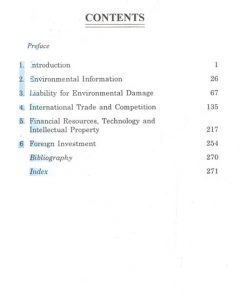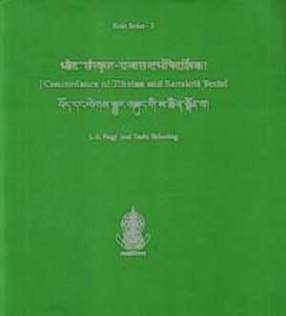An environmental impact assessment describes a process, which produces a written statement to be used to guide decision making with several related functions. First, it should provide decision makers with information on the environmental consequences of proposed activities and in some cases, programmes and policies, and their alternatives. Secondly, it requires decisions to be influenced by that information. And thirdly, it provides a mechanism for ensuring the participation of potentially affected person in the decision making process.
Since environmental impact assessments were first established in the domestic law of the United States under the 1972 National Environmental Protection Act, they have been progressively adopted in a very large number of national legal systems. Internationally, environmental impact assessments are required under numerous international conventions and in EC law, in the requirements of various multilateral development banks, and in various non-binding instruments adopted at the regional and global level. Principle 17 of the Rio declaration states that environmental impact assessment as a national instrument, shall be undertaken for proposed activities that are likely to have a significant adverse impact on the environment and are subject to a decision of a competent national authority.













There are no reviews yet.